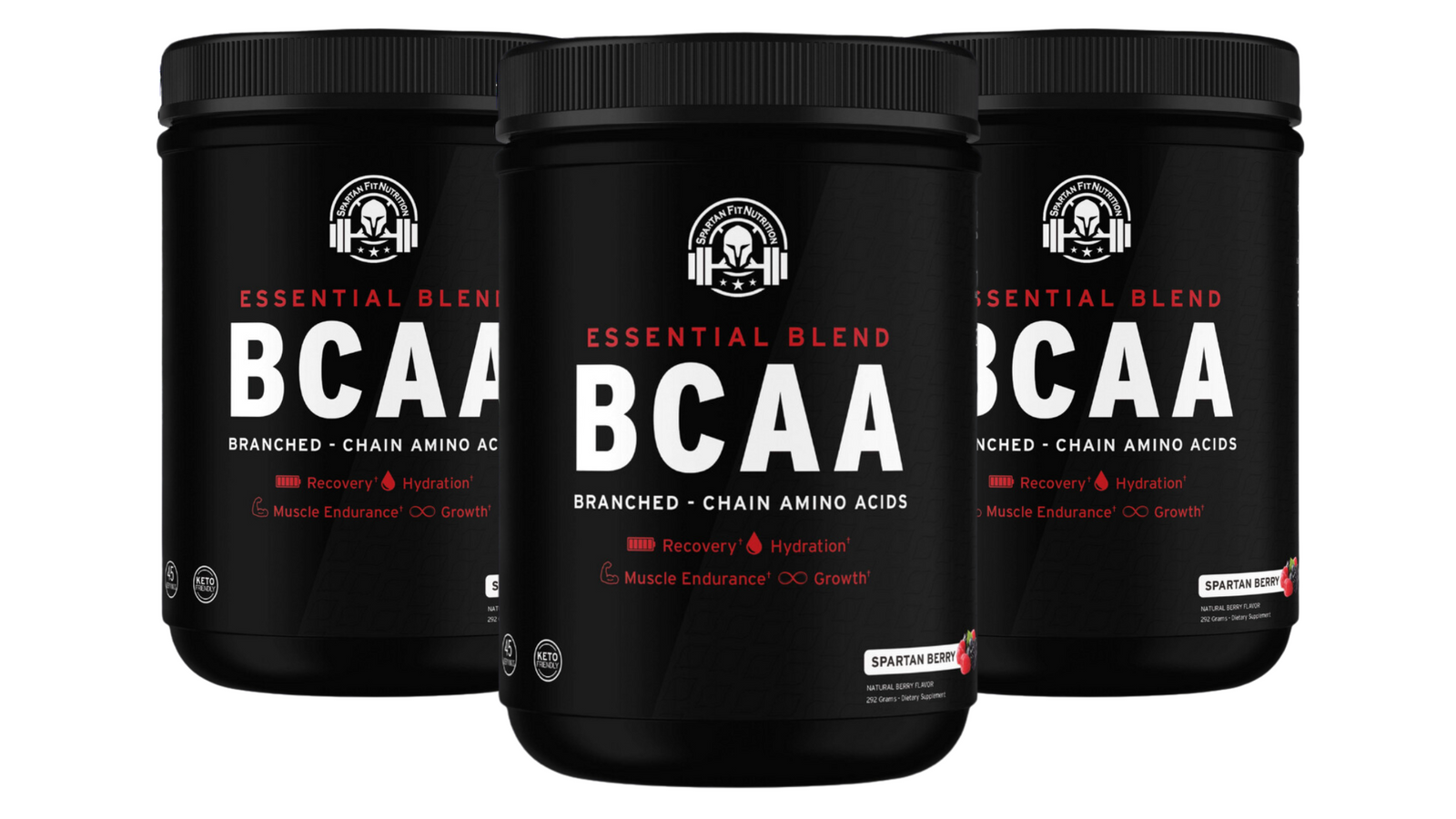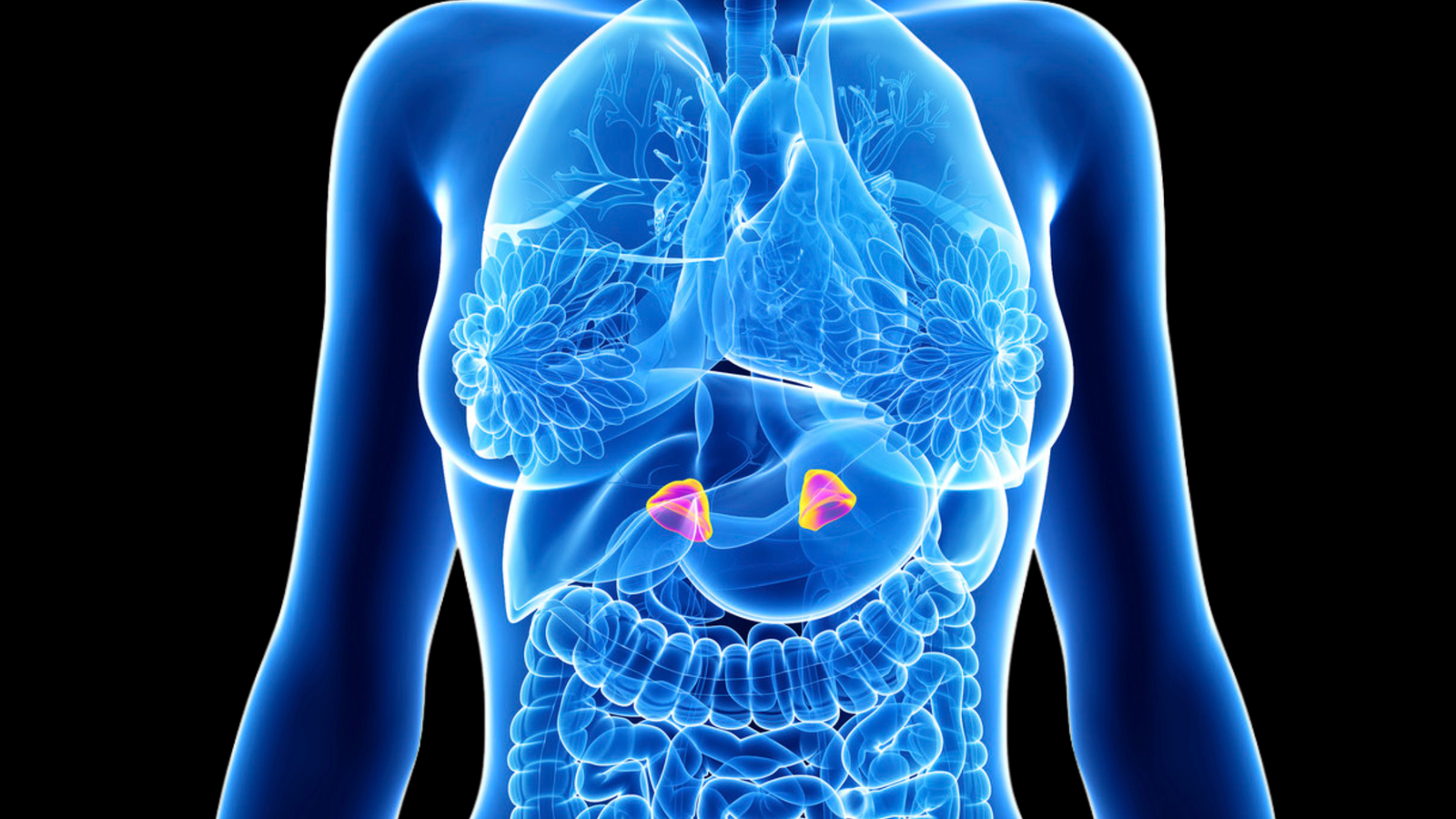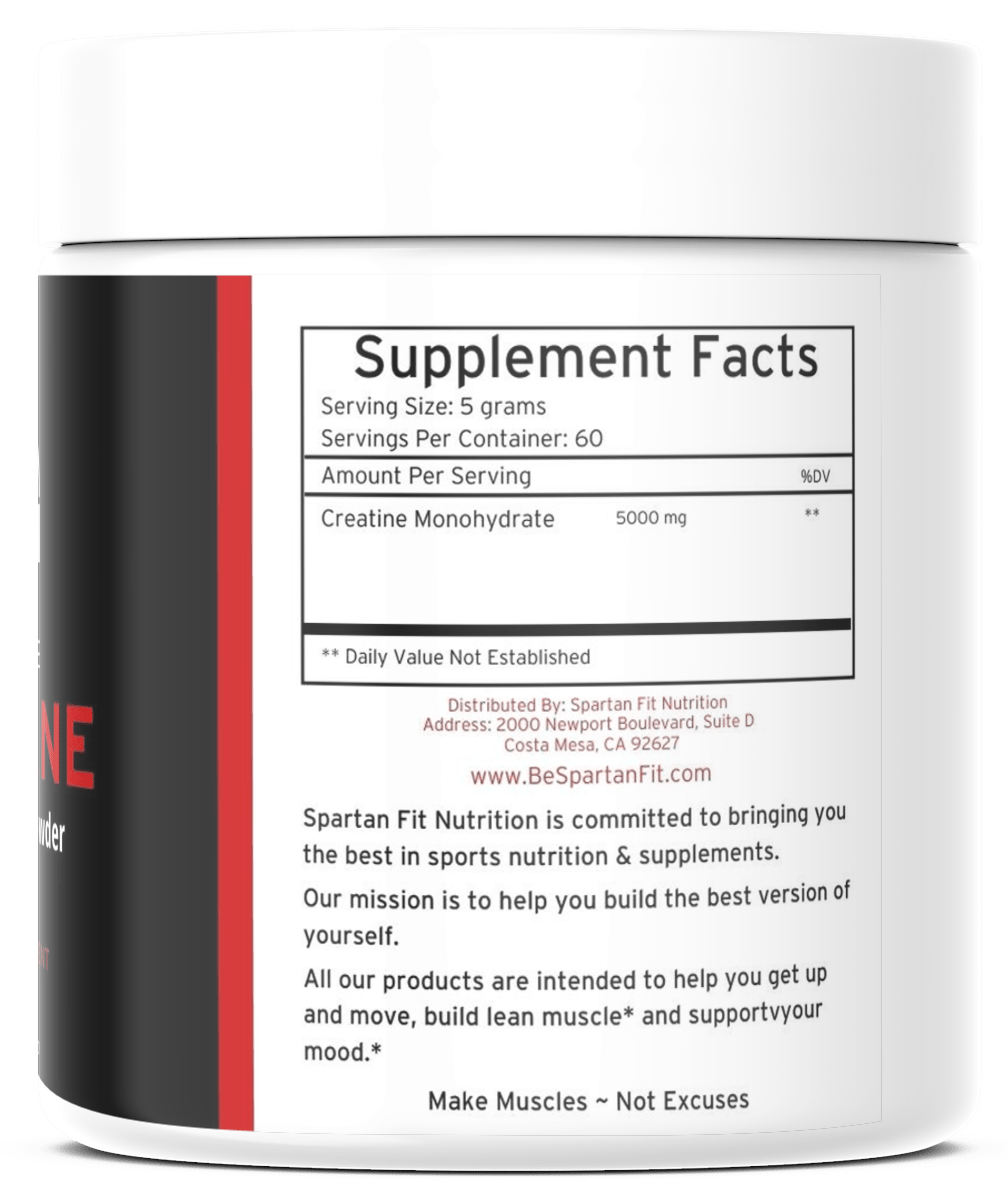Benefits of Ketogenic diet
The Keto diet is one of the most popular diets with lots of promises for your health and general wellbeing. From weight loss, reducing glutinous desires, treatment of illness, and the desire to have a healthy lifestyle, there are so many reasons why people opt for a keto diet. This concept might be entirely strange for a new person because the keto diet isn't an average diet. To be on a keto diet, you must be conscious of the nutrients allowed into your body system and not just the calorie intake. This article takes a detailed look at all you need to know about the keto diet, its benefits, foods to eat, and the right exercise for anyone on a keto diet. Read on to find out more.
What is the keto diet?
The keto diet comes with a ratio; 75:20: 5. This stands for the portion of the three major nutrients you should eat while on a diet. 75 stands for the fat content, 20 for the protein content, and 5 for carbohydrates. It is a high-fat diet. This implies that you must be comfortable eating high fatty foods and lesser carbs to succeed on a keto diet.
What is Ketosis?
Why have more fats? You may ask. This is all about getting your body to a state of ketosis. In this state, your body no longer burns carbs for energy like it usually does. Instead, it turns them into fats and uses them for energy. The Keto diet derives its name from ketones which are small fuel molecules the body uses for energy when the glucose supply is insufficient. Ketones are produced in the liver, which can only occur when you eat lots of fat and little carbs. To kickstart ketosis, your body has to be carb deficient for at least two days. When the body does not have enough glucose to work with, it starts with amino acids. This process is called gluconeogenesis, but the acids alone are not enough for the body to produce the amount of energy needed for proper functioning, but ketones gotten from fats work perfectly. In a keto diet, ketones replace glucose as the source of energy. Asides from eating a high fatty diet, you could also reach a state of ketosis by fasting; however, since you cannot last beyond a week, you need a more sustainable method known as keto dieting. When your body uses fat, weight gain becomes impossible as there would be less fat storage.
Benefits of the Keto Diet
There are lots of health benefits attached to a keto diet. Let's take a look at them.
- Weight loss: Losing weight is probably the primary reason most people are on the keto diet. When you opt for the keto diet, your body loses water. Then gradually depletes the fatty storage. In addition, since you are cutting out refined carbs from your diet and focusing on whole meals, your body will have a steady energy supply, which will prevent frequent hunger pangs. In addition, you don't need to stress yourself with counting calories. Just ensure that you eat high fatty foods, moderate protein, and low carbs to get you to the state of ketosis.
- Manages type 2 diabetes: According to research, the keto diet can manage diabetes in diabetic patients due to its capability to improve HbA1c levels. However, it's essential to consult with health professionals before going into this diet to prevent complications, as you may need to reduce the intake of some drugs.
- Treats epilepsy: Another health benefit of the keto diet is that it may treat epilepsy. It's one of the reasons doctors recommend keto. The Epilepsy foundation affirms that about 15 percent of children become seizure-free after following a strict keto diet. Even adults still experiencing epilepsy can find relief through this diet.
Other health conditions that could get better with keto are dementia and Alzheimer's disease, and bipolar disorder.
Foods to eat while on the keto diet
While on a keto diet, here are some foods to eat.
- Avocado oil
- Olive oil
- Butter
- Heavy cream
- Coconut oil
- Sunflower oil
- Safflower oil
- Corn oil
- Fatty fish
- Chicken
- Grass-fed beef
- Bacon
- Shrimps
- Skinless chicken breast
- Blue cheese
- Feta cheese
- Cheddar cheese
Other foods to eat are fruits and veggies such as avocado, asparagus, celery, spinach, and arugula.
Foods to avoid while on a keto diet
- Artificial trans fats
- Margarine
- Fish or chicken nuggets
- Sugary marinated sauces
- Cold cuts with sugar
- Sweetened nonfat yogurt
- Ice cream
- Milk
Basic exercises during keto dieting
Since you need carbs for high-intensity activities such as jumping ropes, boxing, sprinting, or swimming laps, you might have to choose less intense exercise when on a keto diet. High-intensity exercises need energy. You also need protein to repair muscles, which the diet makes you a bit deficient in it.
Low-intensity exercises you can do while on a diet are yoga, planks, biking, and jogging. You can also include other forms of activities that appeal to you. Avoid high-intensity exercises, especially when you are just starting the diet.
Conclusion
Finally, remember to drink enough water before and after exercising, as your muscles require hydration when strained. Aim for two liters of water every day
Also, ensure to get enough rest to promote recovery. Sleeping for eight hours at night is also recommended when on a keto diet.











